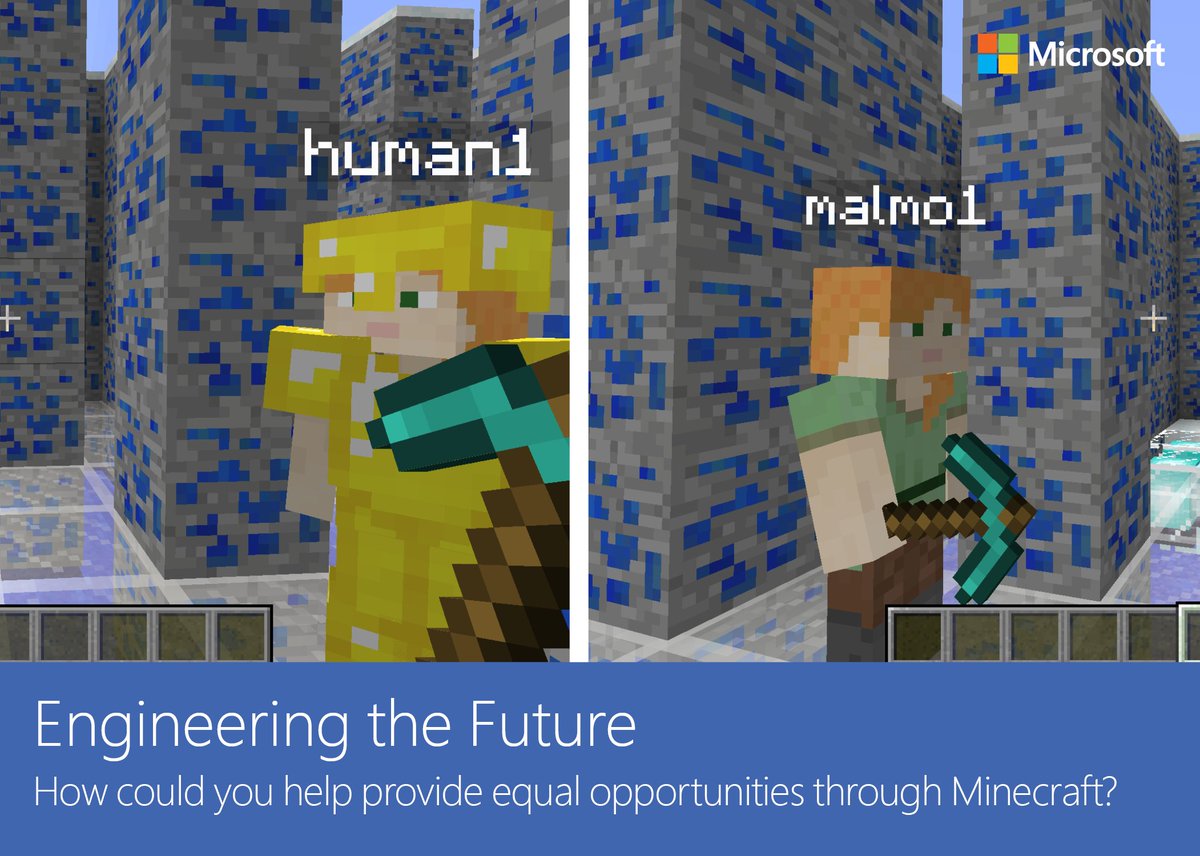Cybersecurity is an area of computing that is getting a lot of attention these days. I am regularly asked about it by prospective parents and students which is a big indication of interest lately. Not many teachers are really ready to teach it well though. I include myself in that mix. So this announcement from the Computer Science Teachers Association is timely and valuable.
The Computer Science Teachers Association, in partnership with LifeJourney, the leader in cybersecurity and STEM online career exploration, recently announced the launch of a strategic professional development program to better equip educators for teaching cybersecurity in the classroom and thus positively impact the nation's cyber skills gap. The CSTA program is called the Cyber Teacher Certificate professional development program.
"I strongly encourage all educators in our membership to register for and complete the Cyber Teacher Certificate program," said Dr. Mark Nelson, Executive Director of CSTA. "CSTA suggests that all members should make it a priority for professional development in 2016."
Register for the Cyber Teacher Program Now
Demand for cybersecurity professionals is growing twelve times faster than the overall job market, while at the same time, with student interest in cybersecurity surging, more than 64% of Millennials say their educational institution does not have courses that would allow them to explore their interest in cyber.
The Cyber Teacher PD Certificate Program includes:
- An online cybersecurity mentorship platform (the NSA Day of Cyber) that teachers run in the classroom, featuring NSA cybersecurity leaders as role models to the the nation's students.
- Eight (8) hours of documented Continuing Education Units (CEUs) endorsed by the Computer Science Teachers Association, the recognized leader in offering current and relevant professional development content for computer science teachers.
- Training and mastery of "Fundamentals of Cyber", an online course utilizing revolutionary adaptive learning techniques.
- Ability to easily extend your cybersecurity syllabus beyond the NSA Day Of Cyber classroom experience. Each mentor in the NSA Day Of Cyber is matched with corresponding lesson plans exemplifying the skills necessary for students to pursue the spotlighted careers.
- Ability to take the instructional Cyber Teacher Journey and see how others are using NSA Day Of Cyber and training materials in the classroom.
- Membership in the Cyber Teacher Association, the most important new association for educators united in creating the next Cyber Generation. Enjoy membership and collaboration in a community of your cyber educator peers.
The Cyber Teacher Certificate Program is NOW Available for CSTA Members
Members can register for the Cyber Teacher Certificate program here where they can review the program and learn more about it. The fee can be submitted by teachers as a reimbursable expense for professional development per the policies of individual school districts.
The Cyber Teacher Certificate Program is a helpful proof-of-concept for our CPD Pipeline model. With this type of novel approach to teacher PD we can better support more teachers, further strengthening the overall K-12 CS ecosystem and ensuring better access to quality CS education for all kids.
Read press coverage of CSTA's launch of the Cyber Teacher Certificate program at this link.
*At this time, this program is only available in the US. An international version will be available later this year and we will advise you when it is available.







